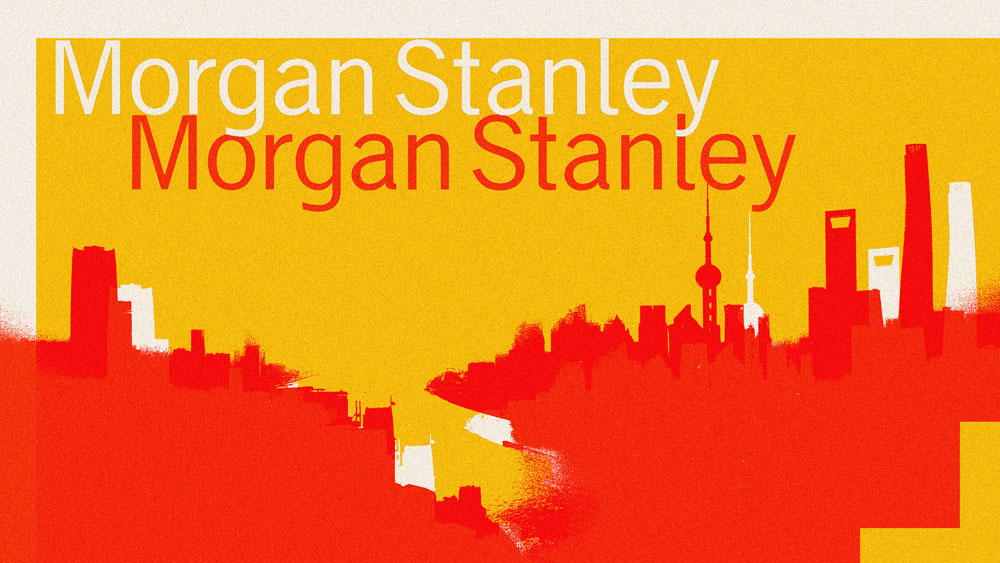This content is from:xinyabo体育app
Trade Wars, AI, and the Transformation of Asia Research
Members of the 2018 All-Asia Research Team discuss the shifting regulatory and technological landscape forcing their industry to evolve.

欧洲修订后的《金融工具市场指令》(MiFID II)的长臂正在敲响亚洲的大门。
The European directive, which unbundled research from execution in January, currently only affects international asset managers, but the reverberations for the sell side and their clients are being felt in the region, according to members of亚博赞助欧冠中国2018全亚洲研究团队。
“We suspect it will take some time for the industry to fully digest the implications of the implementation of MiFID II, but there is little doubt that it will be transformational,” said Damien Horth, head of Asia Pacific research at UBS. Couple MiFID II with the rapid pace of technological and structural change in the global asset management industry — from the growth of passive investing to the take-up of artificial intelligence and data science — and “this is one of the most challenging periods” for a region also navigating geopolitical and trade tensions, economic reforms in China, and potential U.S. rate increases, Horth said.
调整商业模式以满足这些不断变化的客户需求是今年供应商的常见禁忌。摩根士丹利亚洲研究主管威廉·格林(William Greene)表示:“尽管MiFID II存在不确定性,但摩根士丹利仍致力于其研究产品。”。
For the fourth consecutive year, Morgan Stanley earned the No. 1 spot inII中国对以亚洲为重点的研究团队的调查,在汽车、银行、基础材料、工业和电信等行业以及少数几个国家和宏观经济类别中排名第一。瑞银紧随其后,共有33个团队职位,摩根士丹利为34个。这些结果基于近1400家机构的投资专业人士的约4700份回复,这些机构管理着约1.9万亿美元的亚洲股票,不包括日本。
对瑞银来说,霍斯概述的巨变并非没有好处。“破坏也带来了大量机会,”他说。“我们积极地改变了我们的产品方式,同时加强了我们为客户带来价值的传统。”这包括将中国团队成员加入该公司的证据实验室,该实验室为分析师提供定量市场研究、地理空间分析和数据科学等工具。
Citi rose one spot to capture third place in the team rankings, but in the survey’s debut of individual-based rankings — where votes for analysts at the same firm are not combined — Citi surged to first place with 43 total positions. In this ranking, Morgan Stanley placed second with 35 positions, and UBS tied for third with Bank of America Merrill Lynch.
Brent Robinson, head of Pan-Asia research at Citi, said he believes individual analysts will continue to be a key differentiator in a post-MiFID II world. “Asset managers are already relying on fewer sell-side firms for their research,” he said. “Clients are saying that they are keen to access the top analyst with whom they can have an insightful dialogue.”
Last year “surprised Asian investors,” Robinson added, as the region posted its second consecutive year of positive market returns, outperforming the large and mid-cap index MSCI World. The index-provider announced in mid-May that more than 200 China A shares will be added to its indices in June and September, opening the door to a surge of foreign investment into the world’s second largest economy.
“We are methodically building out our China coverage in line with the new revenue opportunities as the government liberalizes markets on the mainland,” Robinson said. Citi analyst Kam Keung (Oscar) Choi led a team to the top spot for Chinese research after last year’s second place finish.
Credit Suisse, which ranked fifth in both divisions of the survey, added 11 equity analysts in 2017 to strengthen its China equity research platform, according to the firm’s head of Asia Pacific research, Ernest Fong.
Along with China, Hong Kong and Korea were standouts, spurred by the technology sector, according to Vikram Sahu, Asia Pacific research head at Bank of America Merrill Lynch. Sahu predicted that “the protracted nature of China-US trade tensions may continue to bring volatility to the markets,” especially surrounding the Asia Pacific technology supply chain. “However, we expect skirmishes rather than an outright war,” he added.
At UBS, Horth noted that there is “little doubt that the environment will remain challenging,” given these obstacles. “We remain confident that investors will continue to value differentiated views that connect the dots across countries, regions, and industries,” he said.
